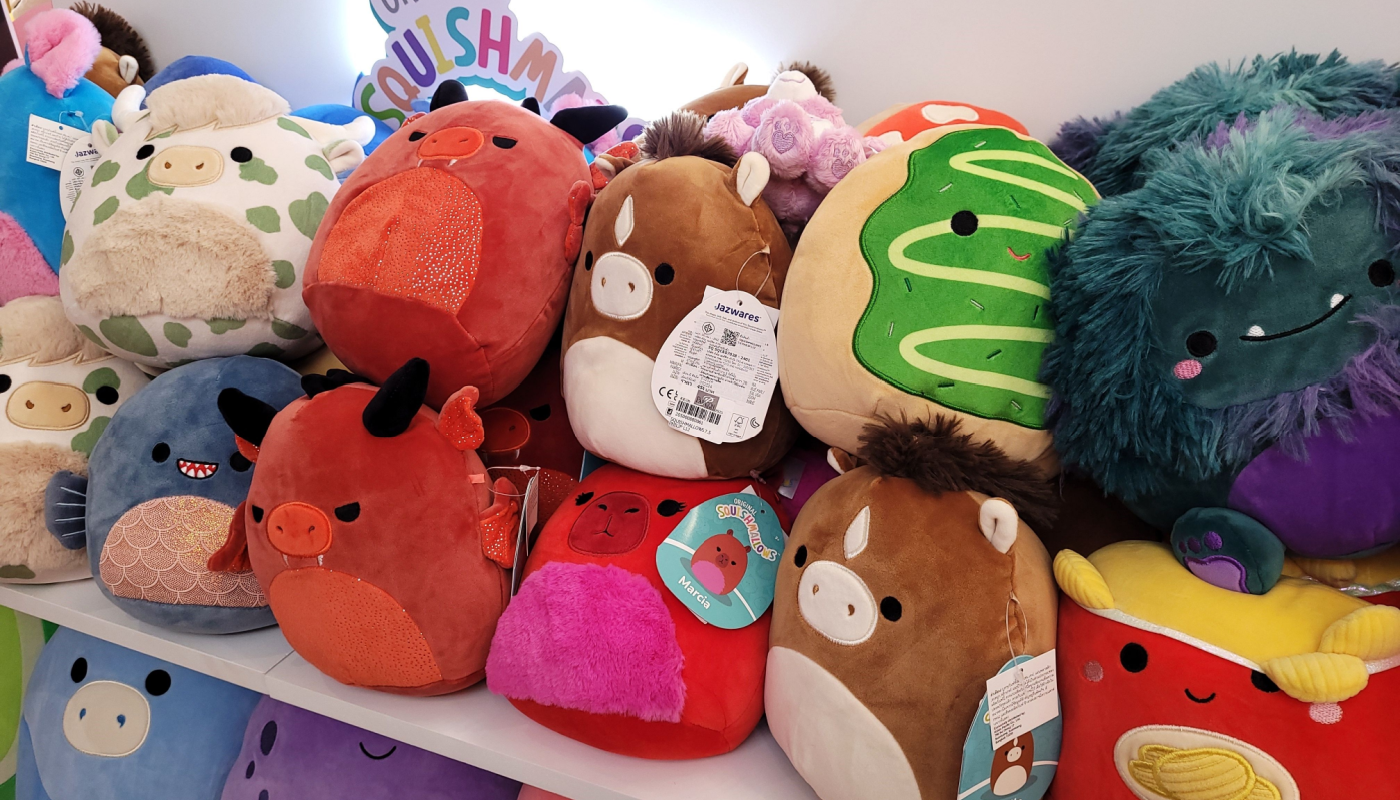Here’s a quick overview of supply chain best practices from 10 leading companies from the 2018 Drucker Institute Ranking.
Key Supply Chain Best Practice Highlights:
- Innovation is King – leading companies use modern technology including, automation, AI, machine learning, and augmented reality to improve supply chain processes
- Commitment to Reduction in Non-Value-Added Tasks – automation through predictive analytics, artificial intelligence and self-service which reduce non-value-added tasks
- Invest Only in Needed Inventory – companies like Amazon, reduce inventory investments by using an as needed inventory system to reduce overstocking
- End-to-End Visibility Access – leading companies have integrated systems and processes that enable end-to-end visibility across the supply chain for quick decision-making
The Drucker Institute, a unit of Claremont Graduate University, has developed a holistic company ranking.
The Drucker Institute ranking is based on 5 key performance parameters (ranked on a scale of 1 to 5 stars (5 being the maximum possible rating):
- Customer Satisfaction
- Employee Engagement & Development
- Innovation
- Social Responsibility
- Financial Strength
These scores are cumulated to give an overall “Effectiveness” score with 100 being the highest.
Supply Chain Best Practices from the 2018 Drucker Institute Ranking
In this article, we will list the noteworthy companies in alphabetical order and will try to understand the Supply Chain Best Practices of each company. Each of these companies
A responsive and flexible Supply Chain is the back-bone of successful business operation and often the differentiating factor between two similar companies. All these noteworthy companies are leaders in their respective businesses and they started from humble beginnings to reach their current global scale through successful implementation of Supply Chain Management processes.
1. Alphabet Inc., California – Internet Conglomerate
Alphabet is an internet conglomerate company created through the corporate re-structuring of Google in 2015. Alphabet is the parent company of Google and other subsidiaries like Calico, Chronicle, GV, CapitalG, Verily, Waymo, X, Loon and Google Fiber. Alphabet has a wide product portfolio which spans across different geographical locations and industries – online advertising technologies, search, cloud computing, software and hardware.
What Makes Alphabet’s Supply Chain Unique:
Being a highly innovative technological company, Alphabet relies on a highly responsive and flexible Supply Chain which can seamlessly collaborate across different geographical regions. Alphabet’s Supply Chain also strives to be automated with robotics, machine learning
2. Amazon.com, Inc., Seattle – Ecommerce
Amazon is an
What Makes Amazon’s Supply Chain Unique:
Amazon is one of the best and highly respected Supply Chain leaders due to highly innovative and technologically advanced systems like automated warehousing and drone delivery. Being an online marketplace, Amazon invests heavily in software systems, warehousing, transportation and invests minimally in raw material and finished products, which is primarily owned by the direct Sellers. Amazon’s Supply Chain has direct control over the key performance areas like order processing, packaging, delivery, replacements, reverse logistics
3. Apple Inc., California – Consumer Electronics
Apple is a technology company that designs, develops, and sells consumer electronics, computer software
What Makes Apple’s Supply Chain Unique:
Even though Apple’s Supply Chain is highly complex, they manage it successfully through advanced software systems and tight inventory control. Apple has managed the fine balance of complexity and required simplicity through contract manufacturing, inventory rationalization, supplier base consolidation
4. Intel Corporation, Santa Clara – Semiconductor Manufacturing
Intel is a technology company and the world’s second largest semiconductor chip maker. Intel is the inventor of the x86 series of microprocessors which is found in most personal computers. Intel designs and manufactures processors for computers like Apple, Lenovo, HP
What Makes Intel’s Supply Chain Unique:
Intel’s Supply Chain is highly integrated and data-driven which provides a quick reporting and decision support system for order management, procurement, manufacturing, testing
5. International Business Machines Corporation, Armonk – Computers
International Business Machines is more than 100 years old company with operations in over 170 countries across the globe. IBM manufactures and markets computer hardware, middleware
What Makes IBM’s Supply Chain Unique:
Being a highly innovation-oriented company, IBM’s Supply Chain focuses on data security, privacy, value creation, creating a competitive advantage through
6. Johnson & Johnson, New Brunswick – Pharmaceuticals, Medical
Johnson & Johnson is a 130+ years old company manufacturing various consumer products like medical devices, pharmaceutical
What Makes Johnson & Johnson’s Supply Chain Unique:
Johnson & Johnson’s Supply Chain has been successfully able to connect the broad product portfolio across the globe in an end-to-end fashion. This highly integrated Supply Chain provides J&J the ability to predict the major trends over the medium to long term. J&J’s Supply Chain is focused on three core areas which are most important for their business – Quality, Cost and Customer Satisfaction. Raw Material and Finished Goods storage conditions requirements and shelf life are of paramount importance in J&J’s Supply Chain. This is ensured by technological driven end-to-end visibility of product flow across the value chain.
7. Microsoft Corporation, Redmond – Technology
Microsoft is a technology company which
What Makes Microsoft’s Supply Chain Unique:
Microsoft’s own signature Supply Chain System relies heavily on business intelligence and predictive insights driven partly by machine learning. Microsoft’s huge product portfolio itself generates
8. Nvidia Corporation, Santa Clara – Computer Gaming
Nvidia is a technology company which designs graphics processing units (GPUs) for the computer gaming and professional markets. Nvidia also designs system on a chip
What Makes Nvidia’s Supply Chain Unique:
Nvidia’s Supply Chain is based on its business model of in-house designing and out-sourced production of processors and hardware. Nvidia has
9. PepsiCo Inc., New York – Snacks & Beverages
PepsiCo is a 53+ years old company formed in 1965 with the merger of Beverages company Pepsi-Cola and Food manufacturing company Frito-Lay, Inc. With annual net revenues of $43bn+, PepsiCo is the second largest food and snacks company in the world, only behind Nestle. PepsiCo is a household name with successful brand products like – Pepsi, Diet Pepsi, Mountain Dew, Lay’s potato chips, Gatorade, Tropicana beverages, 7 Up, Doritos tortilla chips, Quaker foods and snacks, Cheetos, etc.
What Makes PepsiCo’s Supply Chain Unique:
PepsiCo’s Supply Chain relies heavily on
10. Procter & Gamble, Cincinnati – Consumer Goods
Procter & Gamble is a 181 years old company which hardly requires any introduction. P&G manufactures a wide range of products which include – personal health, personal care, hygiene products – further divided into segments like Beauty, Grooming, Health Care, Fabric & Home Care, Baby & Feminine Care, etc.
What Makes P&G’s Supply Chain Unique:
P&G has one of the most complex Supply Chains with a huge product portfolio. For the scale of P&G, it takes hundreds of manufacturing sites spread across hundreds of countries and corresponding suppliers. P&G has leveraged the application of data management, advanced analytics and digital technology for end-to-end product flow management. Shelf life, promotions and discounting are regular features of P&G distribution and all distribution centers and stores need to be integrated for smooth execution of FIFO methodology and promotional events.
Note:
- The complete list of 2018 Drucker Institute Company Ranking can be found on their website – https://www.drucker.institute/
- The name “Peter F. Drucker” is a registered trademark of The Drucker 1996 Literary Works Trust.





